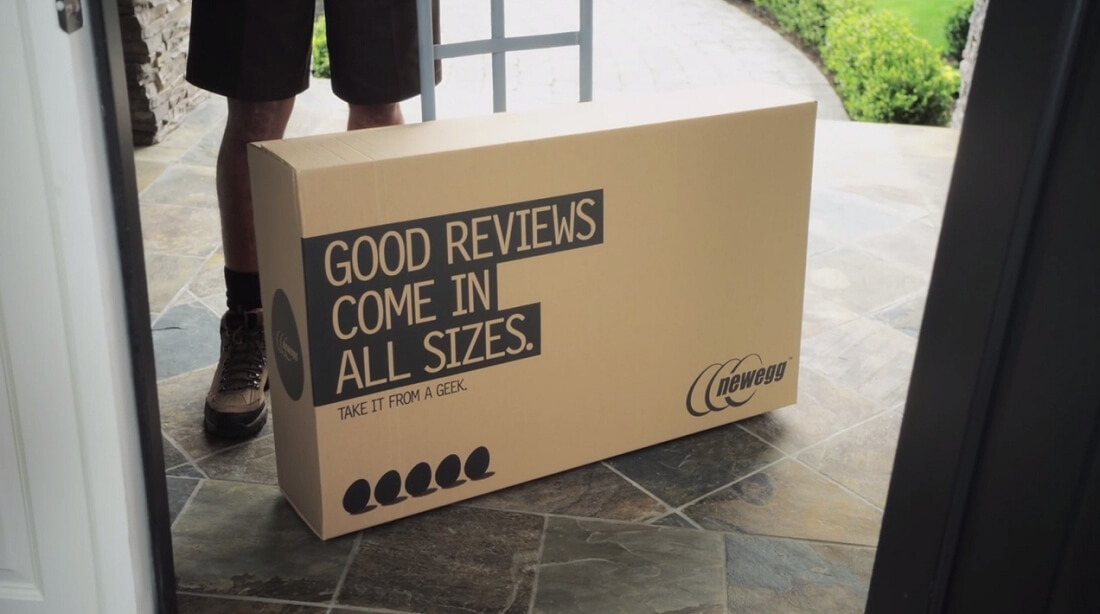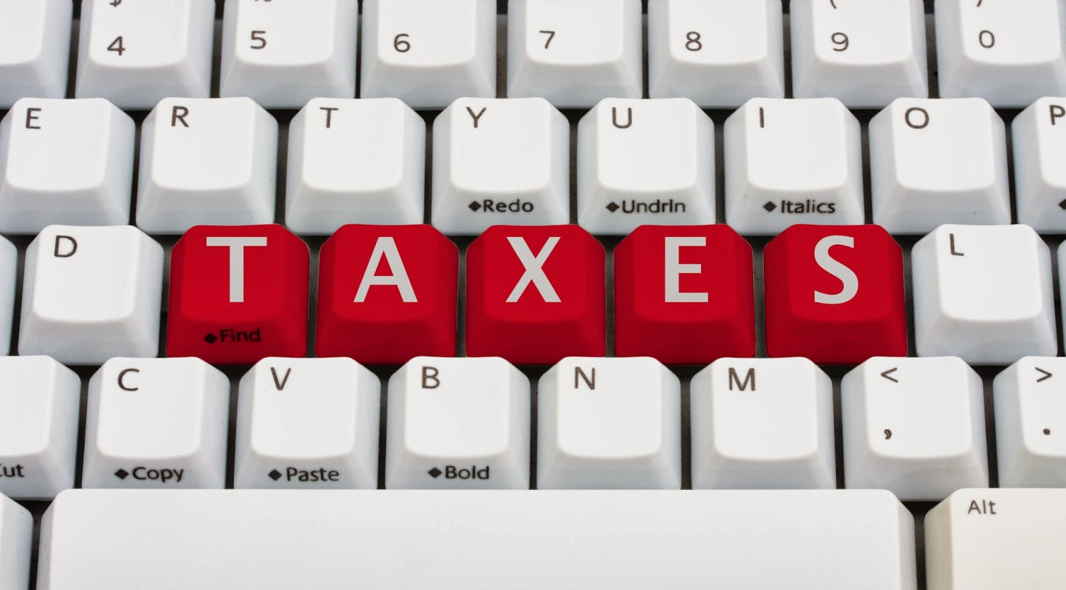
Online commerce in the earlier days of the Internet was a bit different than it is today. Up until just a few years ago, there existed an “unfair tax advantage” in which most e-commerce outfits weren’t required to collect sales tax associated with online purchases made out-of-state.
Simply put, if a retailer didn’t have a physical presence in a state like a storefront or even a distribution center, they weren’t required to collect sales tax on online purchases. The responsibility to pay sales tax on online purchases fell into the laps of consumer, most of whom never bothered to do so and would in fact use the loophole to their advantage. It put major national chains like Walmart and Target at a serious disadvantage.
As you can imagine, states lost out on hundreds of millions of dollars in sales tax revenue. Now, at least one of them is looking to collect on some of that missed income.
Officials in Connecticut are turning to online vendors in hopes of collecting sales tax on past purchases. Rather than deal with the matter directly, some vendors are opting to instead share customer purchase records so the state can go after consumers directly. Newegg is reportedly one of those vendors.

Local CBS affiliate WFSB in Connecticut is reporting that past Newegg shoppers are receiving bills from the state’s department of revenue who is looking to collect sales tax from purchases dating back as far as 2014. Impacted customers will have six to eight months to pay their bills with no penalties although eventually, the grace period will end and harsher penalties could be levied.
Naturally, some aren’t happy with the unexpected bills.
Michael-Jared Hunter Gillis told the CBS affiliate that Newegg threw all their customers under the bus, adding that he will not be making a purchase with them ever again. Gillis purchased parts from Newegg to build a computer and also picked up a 65-inch television, all without paying any sales tax.
“I think 90 percent of people are going to go right to the order total, say, ok, that’s what I have to pay, that’s my bill,” Gillis said.
It’s a sticky situation for sure although I’m not certain that claiming ignorance of the law is a valid defense. If we’re being honest, nobody likes to pay sales tax but pretending you didn’t notice that no sales tax was collected – especially on big-ticket items – is a bit disingenuous.
Kevin Sullivan, commissioner of the Department of Revenue for the state of Connecticut, notes that the easiest, fairest and simplest way for this to work is for the retailer to charge the tax, collect the tax and remit the tax. Consumers that make online purchases without sales tax being collected can claim online purchases when filing their taxes each year.
The matter is specific to Connecticut for now although if successful, I wouldn’t be shocked to see other states take similar action against in-state businesses and / or their customers.
What are your thoughts on the matter? Should businesses "rat out" their customers like this or should they simply agree to collect tax moving forward and let past purchases slide?